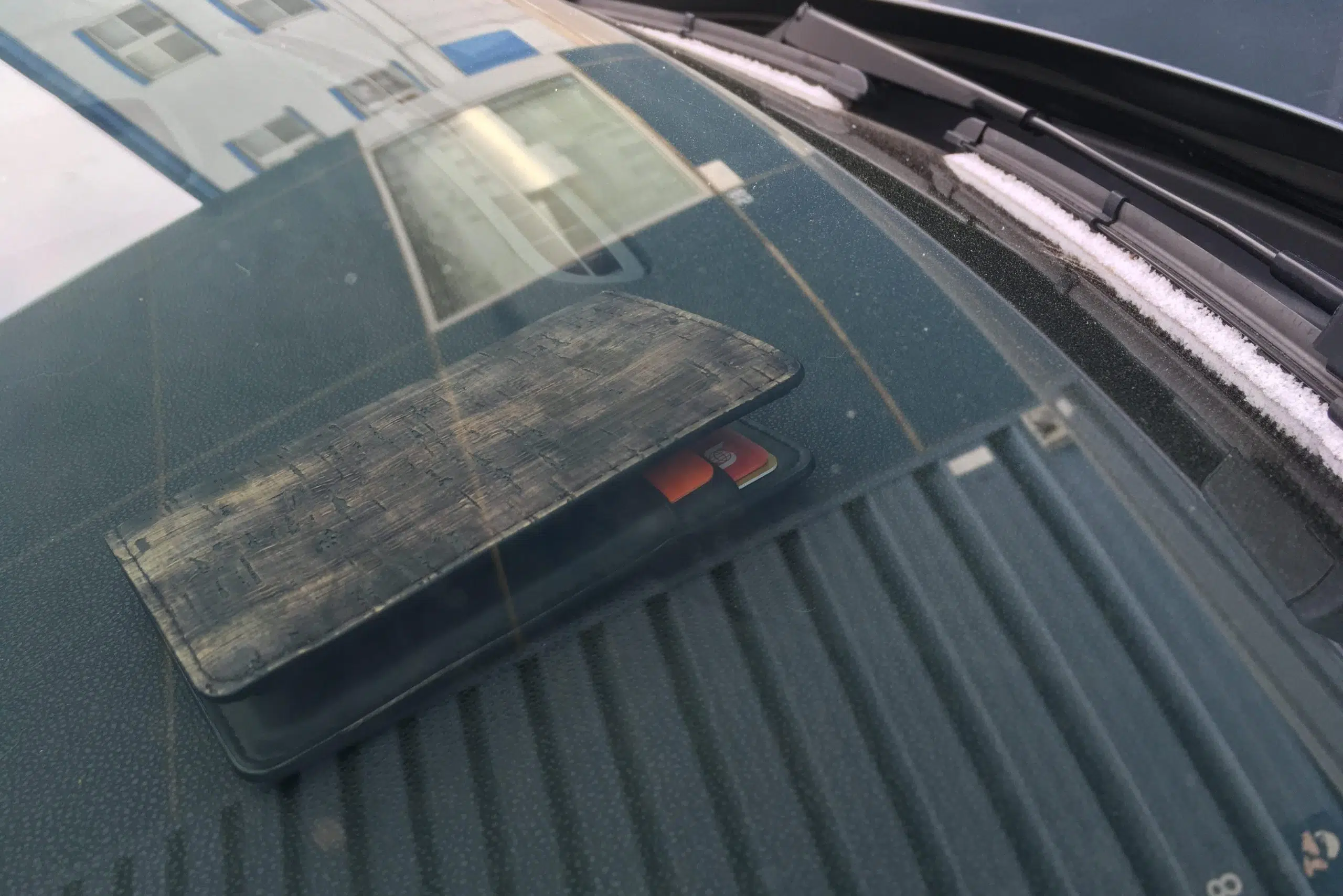Credit card companies and banks tout their cards’ pay-by-tap feature as an easy, convenient way to do your shopping.
It turns out the same holds true for thieves in Regina, especially when they’re using stolen cards from other people.
“Prevalence of the tap-card now is out and everybody has got one. These individuals looking for opportunity know this,” Regina Police Service Deputy Chief Dean Rae said Wednesday.
His comments come amid a third straight year of rising thefts under $5,000 from vehicles in the city. By the end of September this year, 2,785 reports of the crime had been filed.
The number has gone up every year since 2016. That year saw 969 reports of the crime, followed by 2,254 in 2017 and 3,235 in 2018.
Rae said two contributing factors to the uptick are crystal meth use and thieves searching out bank cards with the pay-by-tap feature.
“With (that) function on these cards, it’s very easy to get a card and run around town for a period of time and use that tap function, until it maxes out, and get a bunch of products. We think that’s the primary motivator,” he said.
The best deterrent a vehicle owner can use is removing all valuable items, or items that may look valuable, from the vehicle.
“Take it in your house. If it’s out of your vehicle and it’s locked up, (potential thieves are) not going to be looking in your vehicle. Very seldom do we find that they go randomly into a vehicle that has nothing in it,” he explained.
“They’re looking in a vehicle, they’ll see — whether it’s a backpack, a purse or maybe as bold as a wallet sitting there — and then they go into the vehicle and grab it and go.”
Rae said the police service doesn’t have hard data, but anecdotally it appears that thieves will target a string of multiple cars until they find one that has a tap card.
“That’s where we’re seeing these larger numbers from … They continue to break in until they get what they need,” he said.
In terms of trying to solve these crimes, the police service has set up a frontline support unit.
Rae explained that members of the unit do the legwork of accumulating data, evidence and video footage of suspects committing a break-in to a car. They also identify suspects in each crime.
The unit then passes all of that data along to frontline constables, who go out to arrest and charge the suspects.
“It (helps) take the workload away from our frontline members … who often don’t have a lot of down time to do the investigation,” he said.
— With files from 980 CJME’s Lisa Schick







